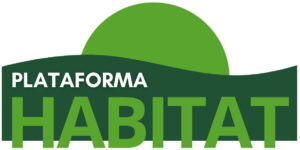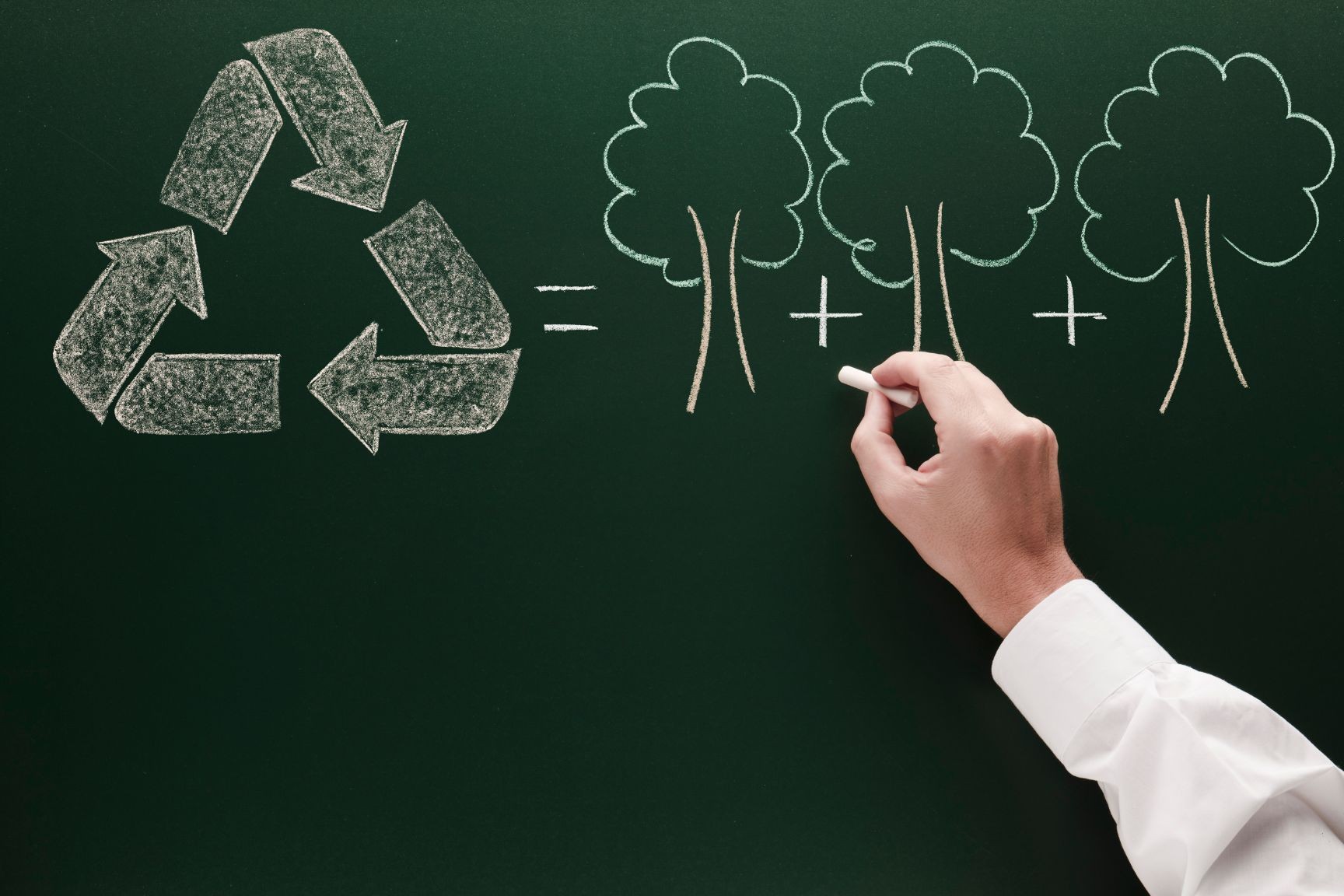In recent years, environmental education in Spain has undergone significant changes. An increasing number of educational centers are adopting digital technologies and innovative pedagogical methods to tailor the teaching process to the needs of a diverse student body. For instance, interactive platforms and multimedia resources are being utilized to personalize learning and promote collaborative work in the classroom. This evolution not only enhances academic outcomes but also helps develop students’ social and emotional skills, preparing them for current environmental challenges.
Moreover, the integration of environmental content into the curriculum has paved the way for new approaches in teacher training and educational management. Recent studies have indicated that these innovative methods create more dynamic and participatory learning environments. In this context, the work of institutions committed to inclusion and sustainability is fundamental. Organizations like Plataforma HABITAT promote the exchange of best practices and the dissemination of successful experiences, contributing to the consolidation of these trends in the national educational system.



